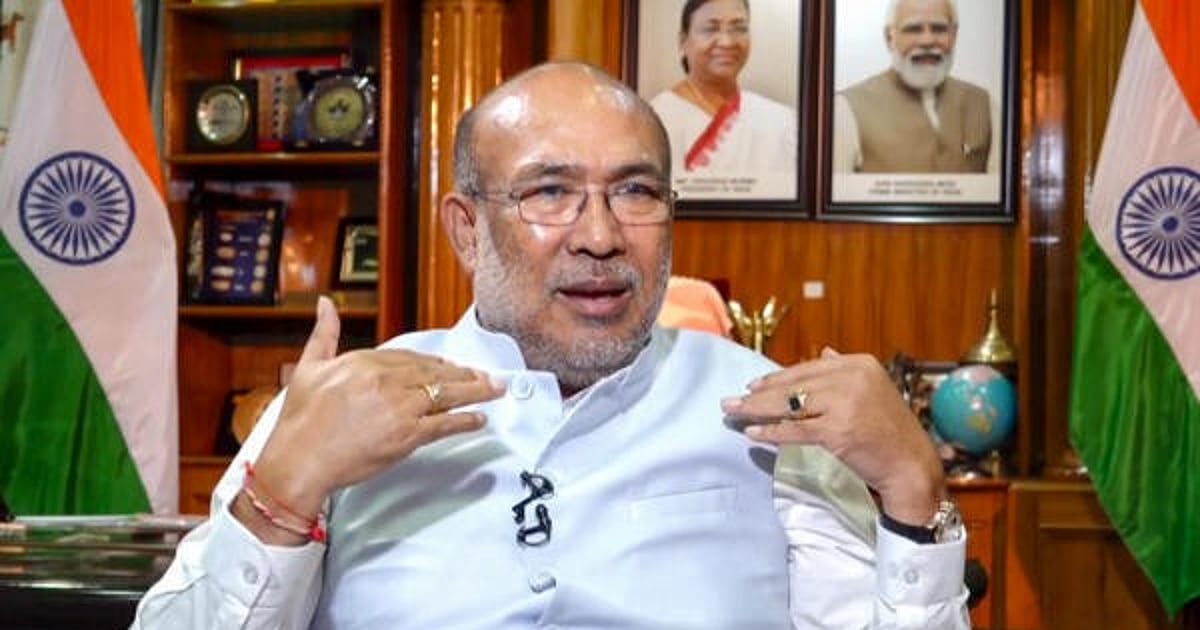 |
|
The ongoing violence in Manipur, which has tragically claimed the lives of hundreds, has taken a new turn with the Supreme Court agreeing to examine leaked audio tapes that allegedly implicate Chief Minister N Biren Singh in the unrest. The tapes, reportedly surfacing as a result of a whistleblower, have sparked intense public interest and raised questions about the state government's role in the conflict. The Supreme Court's decision to review these tapes signifies the gravity of the situation and the potential implications for the Manipur government.
The leaked tapes, according to reports, contain conversations that point to the Chief Minister's involvement in the violence. The nature of these conversations and the specific evidence they provide remain shrouded in secrecy, as the tapes have not been publicly released. However, the allegations against the CM, if substantiated, could have significant consequences for his political future and the state's handling of the crisis.
The violence in Manipur, which erupted between the Meitei and Kuki communities, has been marked by widespread destruction, displacement, and loss of life. The unrest has drawn widespread condemnation both within India and internationally, with calls for peace and accountability. The Supreme Court's involvement in the case reflects the ongoing concern over the situation and the need for a comprehensive investigation into the causes and perpetrators of the violence. The court's decision to examine the tapes, which could provide crucial evidence, is a significant step in the pursuit of justice and accountability in the wake of the tragic events in Manipur.
Source: Manipur violence: Supreme Court to examine whistleblower tapes against CM
